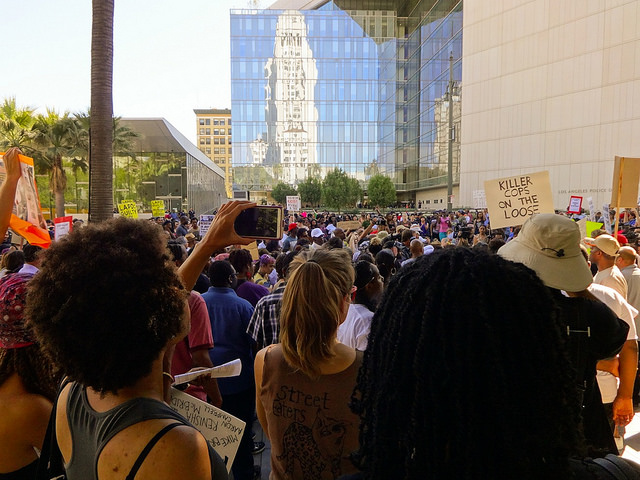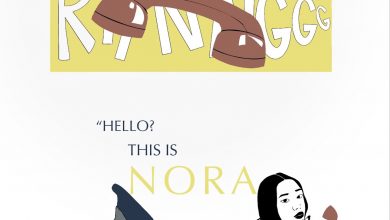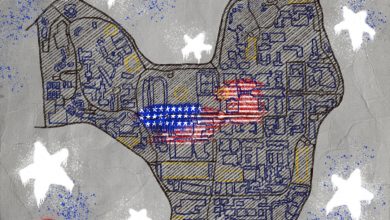The Impact of Ezell Ford on All of Us: The Clash of Ableism and Racism
I’m not completely sure that I can explain the gut-wrenching fear or tear-jerking pain that that comes up every time I think about the police shooting of Ezell Ford or the less widely publicized police shooting of Tanisha Anderson. These cases are a stinging reminder that to be mentally ill, black, or both especially is to live under the threat of violence and incarceration. As others have said, to love a mentally ill and/or black person is to fear for their life. It is to pray that the police won’t decide that they’re a threat. It is to hope that they will make it home safely.
Racism and ableism are a life-threatening combination. We live in a country where black people (let’s note that “black people” includes black women) are four times more likely to be killed while being arrested than white people. Over half of the people that make it to prison have experienced mental health issues within the last 12 months. Both racism and ableism warp perceptions of the people stigmatized, so much so that the basis of their physical self, their own bodies, are deemed a problem. Racism makes police see black skin as a sign of inherent violence, strength, and guiltiness. Ableism causes police to assume that a person who is acting outside of what they would expect or see as “normal” is a threat.
Ezell Ford was a black man known in his South LA community to be bipolar, schizophrenic, and peaceful. LAPD has stated that officers followed and attempted to detain Ford when he walked away from them and “made suspicious movements, including
attempting to conceal his hands.” While facts of what went on remain disputed, Ford ultimately was shot by police and killed. Many have criticized LAPD for racial profiling and a lack of training in sensitivity to mental health issues.
It is hard to think of what made an unarmed man who is not accused of a crime “suspicious” other than his race and bipolar schizophrenia. At the same time I can easily imagine a scenario where police were no longer embedded in a racist system. They would have better training on recognizing and peacefully interacting with people with mental illnesses. If police would encounter Ford at all in a world without racial profiling, they would not assume he was a criminal but instead screen him for mental health problems. They could treat him with care and respect for his bodily autonomy. That is the kind of world that I want to live to see.
While the combination of ableism and racism is a deeply personal issue for me, it is also a feminist issue for everyone. According to my favorite feminist scholar, bell hooks, feminism is “a movement to end sexism, sexist exploitation, and oppression.” If we are truly against oppression we must be against the oppressive forces of racism and ableism. We must question the notion that there is a right type of body, a safe type of body. That notion is founded in oppressive hegemony. We must refuse to buy into the idea that only white, able bodies are valuable. In doing so we can begin to envision a world where law enforcement, employment, education, and health care are sites of affirmation instead of oppression. Demanding an end to racial profiling, police brutality, and the demonization of the mentally ill is a start.





